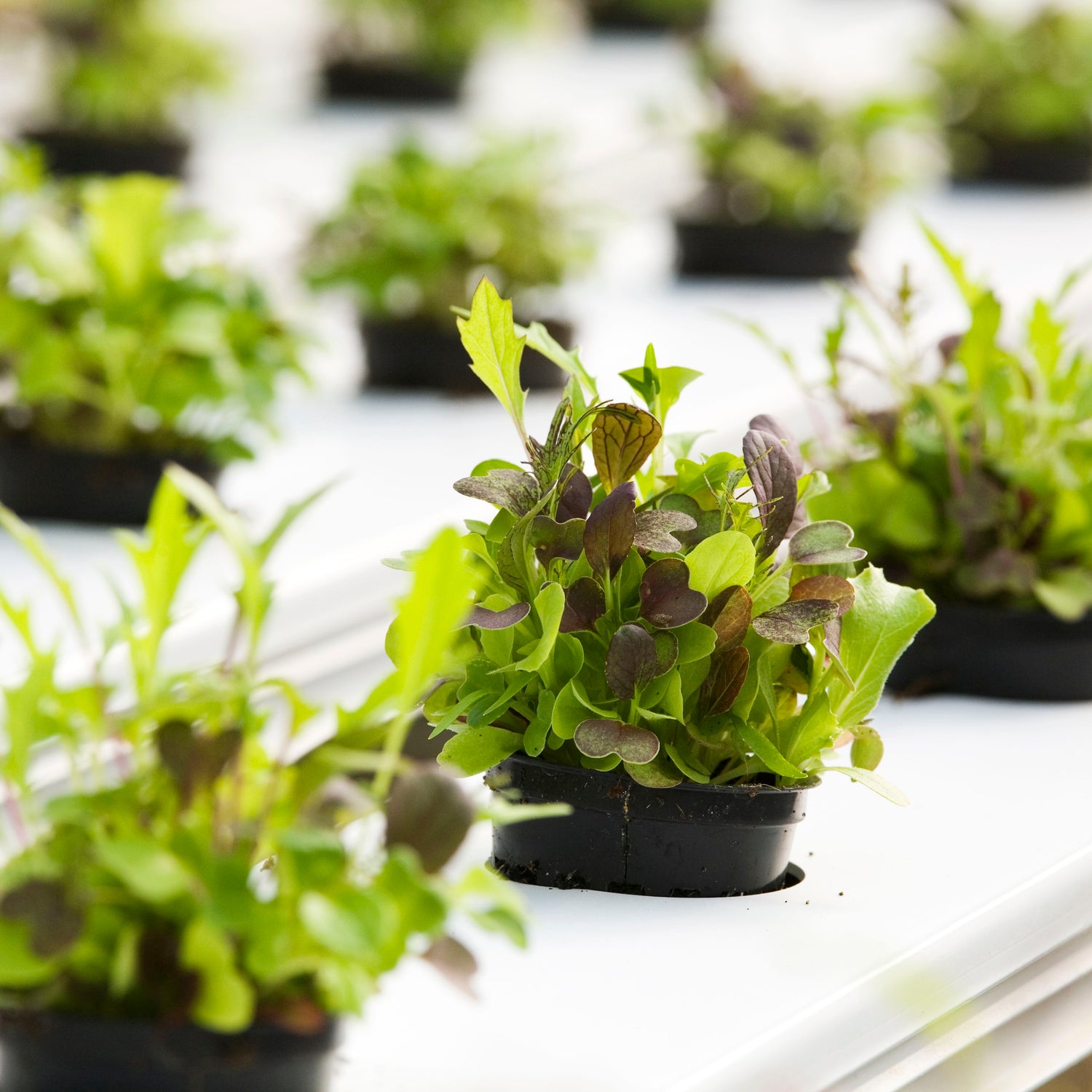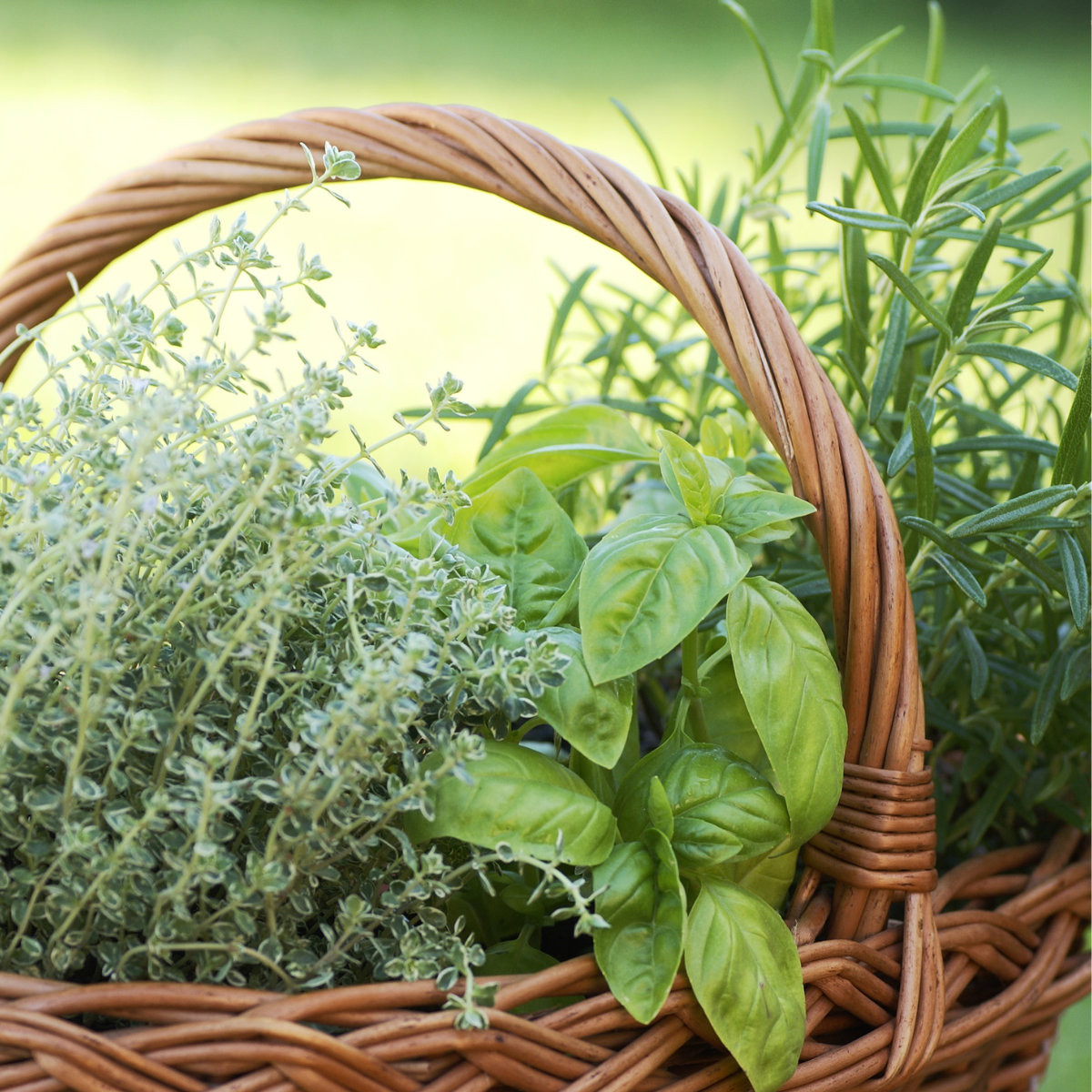
Composting at home has lots of benefits, not least is that you are recycling as nature intended it. Of course, this is just the tip of the iceberg; there are many more benefits not only for you but for your plants and the environment. The composting process takes your waste material from your garden and kitchen and, through completely natural processes, turns it into a highly beneficial soil additive for your plants. If you think about it, when leaves fall from the trees they decompose on the ground over the next year or two. Eventually, they form nutritious compost that feeds new plants and trees as well as those that are al-
ready there. It acts as a mulch to suppress the weeds and keep moisture in the soil plus keeps the ground warmer in the cold months.
Waste Reduction
Between a quarter and a half of the waste you throw away is food or garden waste. This gets taken to a landfill where it decomposes and produces methane, which is one of the greenhouse gasses that contribute to global warming, rising sea levels, and the polar ice caps melting. Some of the landfill sites can capture this methane, but many cannot. In some areas, this waste is recycled into compost and then sold to the public or used in local parks, but not everywhere does this yet. When you compost your waste, you are cutting down the amount of rubbish you dispose of, which is great if you have to pay for it to be removed, but it also reduces the amount of landfill space required.
Water
Compost helps to save water. It soaks up water when in the ground and slowly releases it to your plants. It helps to oxygenate the soil, which is vital to your plant's health. When you dig in compost, you are conditioning the soil to help it retain water meaning you have to water less in dry spells and the soil develops a healthy ecosystem. Compost is used as a mulch, which is applied in a two or three inch layer around the base of plants or trees. This keeps water in the soil and prevents it from evaporating. It is very good at keeping weeds down, which reduces the amount of work you have to do.
Fuel and Energy
Composting has further benefits for the environment because, by composting, you are preventing waste material being transported to a central site. The waste does not need processing, which is done commercially with heavy machinery that is usually diesel powered. Plus, you save fuel by not having to drive to a shop to buy compost and all the environmental costs of making and delivering the compost to your local store.
Save Money
Composting reduces your bill for rubbish collection or at least reduces the cost to your local council or city, which is paid for out of your local taxes. However, it saves you money directly because you do not have to go out and buy compost. As you are probably well aware, good quality compost is not cheap to buy, and your home-made compost is generally very good quality.
Typically, when you are composting, the waste material will decompose to around 30-40% of its original size. Why not give it a try today?




Leave a comment
This site is protected by hCaptcha and the hCaptcha Privacy Policy and Terms of Service apply.